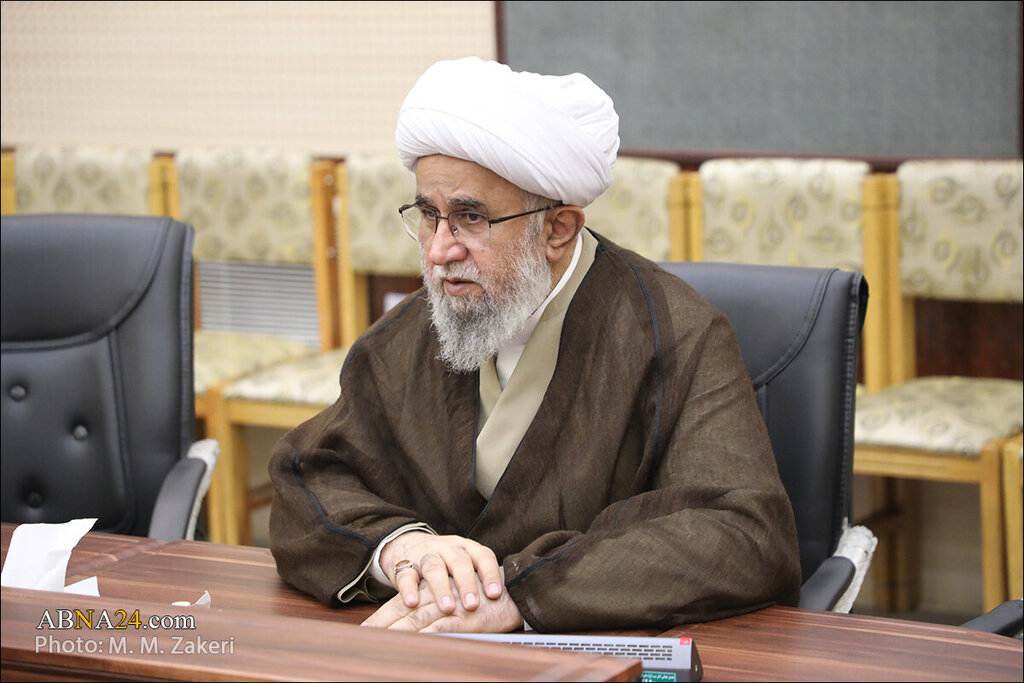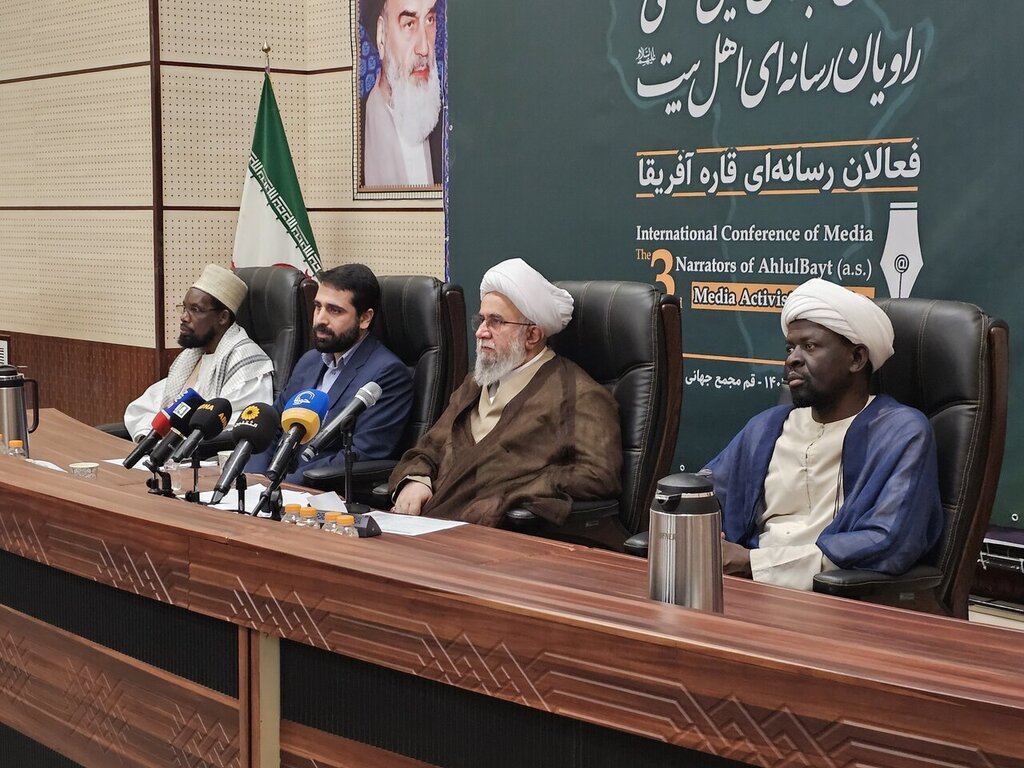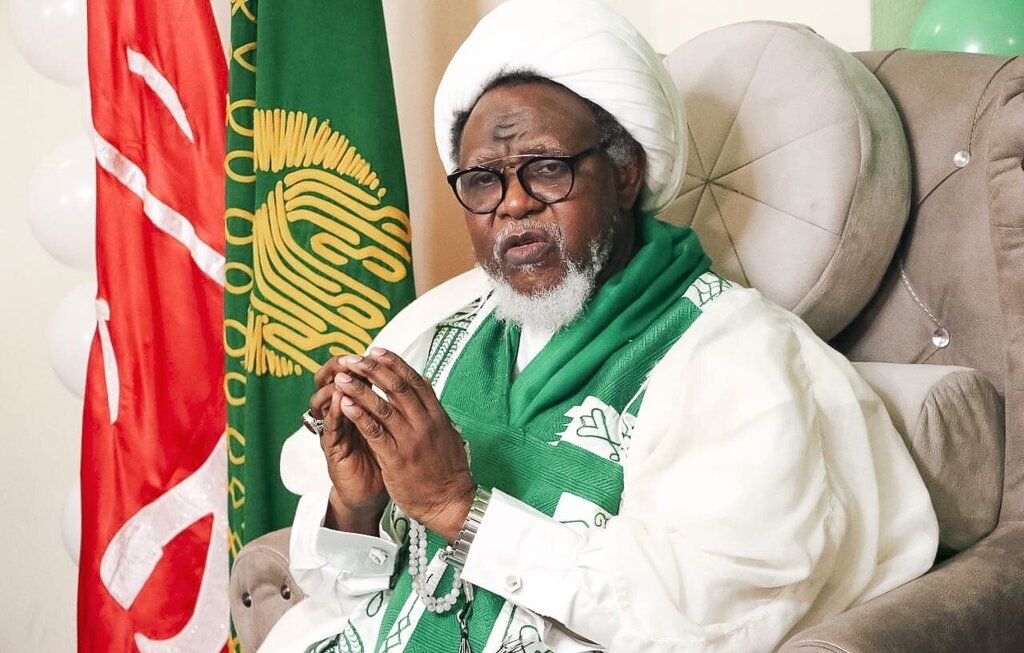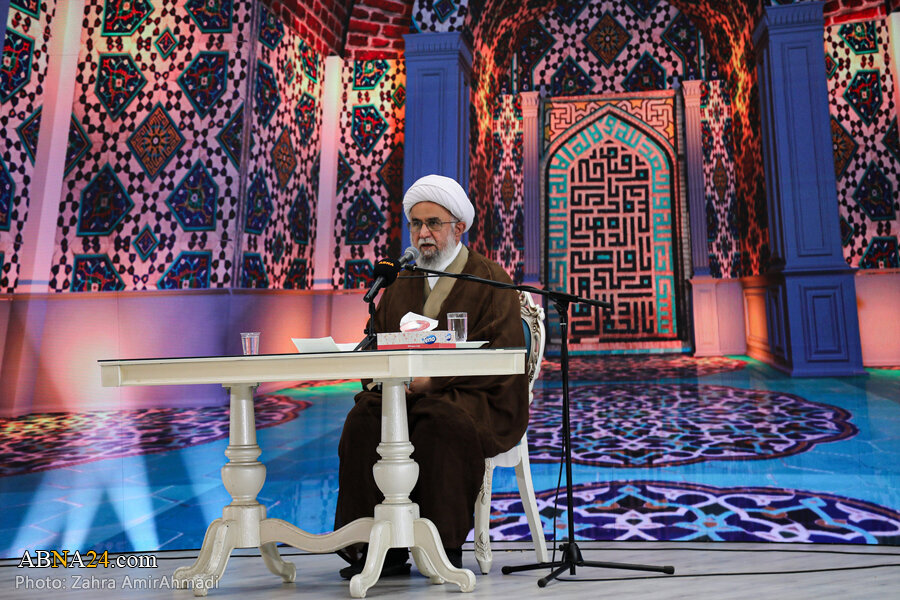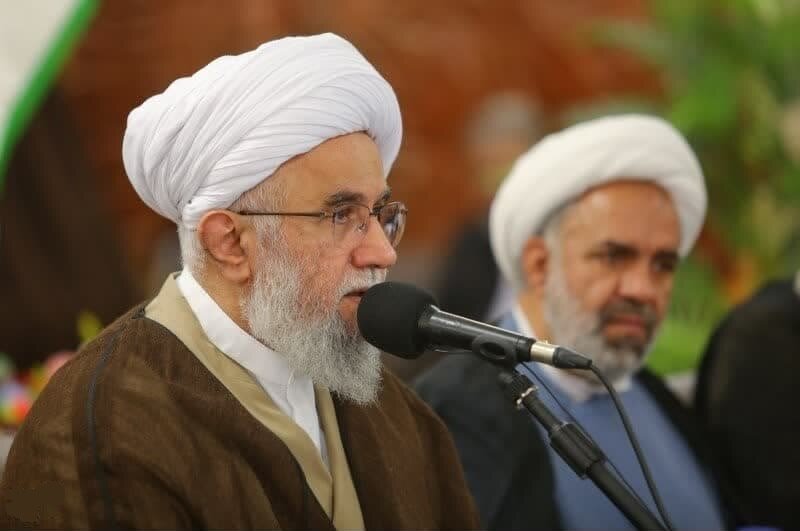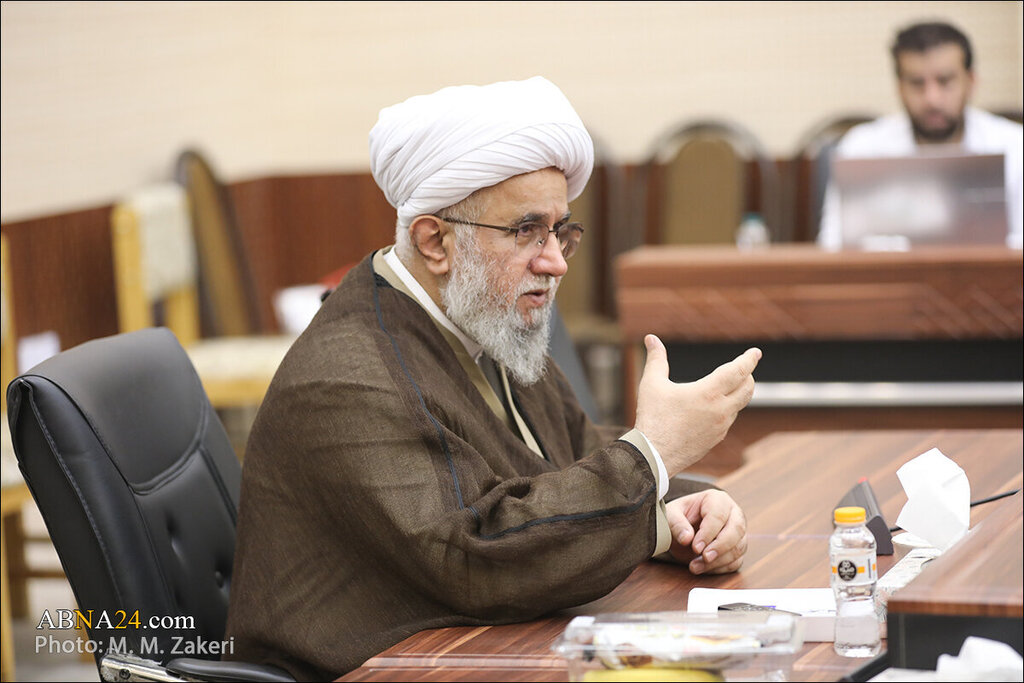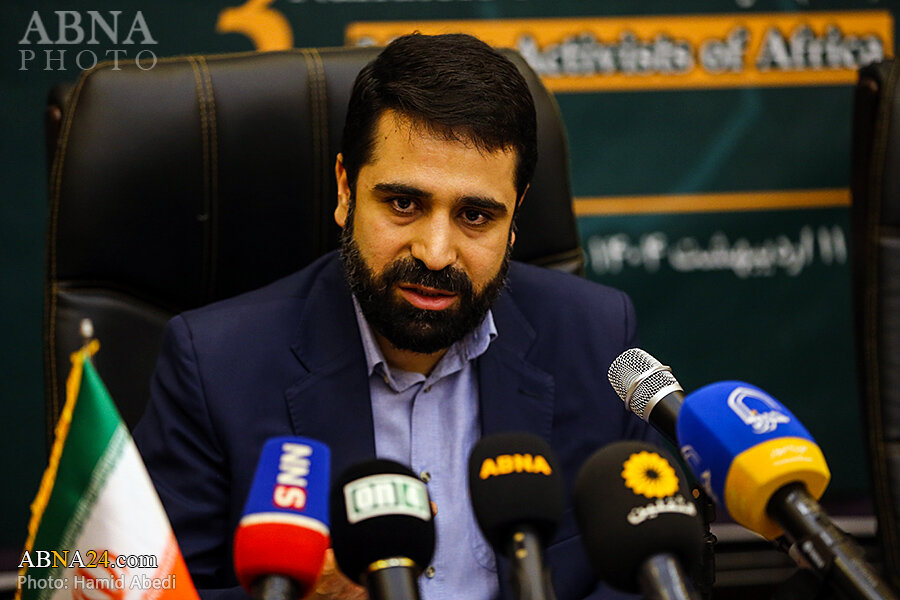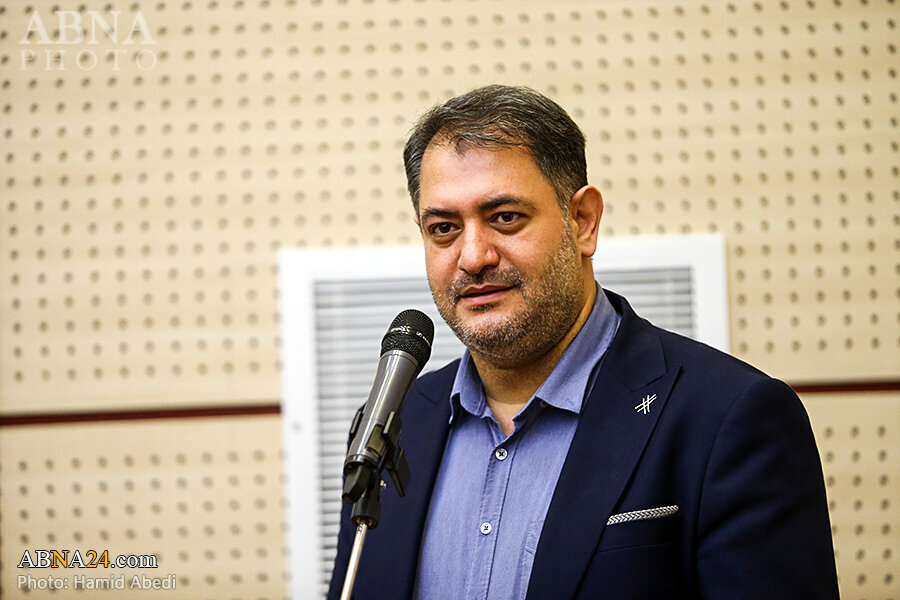Assembly News
-
Hajj: The Software of Islamic Civilization and the Path to a Unified Ummah, Says ABWA’s Secretary-General
The Secretary-General of the AhlulBayt (a.s.) World Assembly emphasized the multifaceted capacity of Hajj, describing it as a platform for realizing the Islamic Ummah. He called on intellectuals, officials, and pilgrims to engage more deeply with this civilization-building obligation.
-
ABWA’s Secretary-General Emphasized the Importance of “Clarification Jihad”
During a meeting with Najaf clerics in Qom, Ayatollah Reza Ramezani emphasized deeper cooperation between the Qom and Najaf seminaries, called for a renewed “jihad of clarification” against distortions of Islam, and highlighted the importance of reason and resistance in Islamic teachings. He also reviewed key initiatives of the AhlulBayt (a.s.) World Assembly.
-
Ayatollah Ramazani Says the Greatest Thing a Person Can Lose Is Himself
The Secretary-General of the AhlulBayt (a.s.) World Assembly stated, “Self-knowledge during youth is essential, and in this period, we must come to know who we are, what we must do, and where we are headed. When a person loses something, he posts a notice and goes in search of it. Yet according to Hadiths, the most important thing a human can lose is his own self.”
-
The Third International Conference of Media Narrators of Ahl al-Bayt (A.S.) Kicked Off with the Participation of Media Activists from the Africa
The third international conference of media narrators of the Ahl al-Bayt (A.S.), attended by prominent media figures and scholars from Iran and more than 20 countries of the African continent, commenced in Qom.
-
AI and Micro-Media: Innovative Opportunities to Promote the AhlulBayt (a.s.) Teachings
During the 3rd International Conference of “AhlulBayt (a.s.) Media Narrators” in Qom, Dr. Sayed Mohammad Amin Aghamiri, head of Iran’s National Center for Cyberspace, emphasized the need to equip cultural activists with artificial intelligence tools and harness the power of micro-media to globally disseminate the teachings of the AhlulBayt (a.s.), highlighting the profound transformations in communication and content production.
-
International AhlulBayt (a.s.) Media Union Moves Toward Official Launch: ABNA’s Director
The Director of ABNA News Agency announced the registration of the International Union of AhlulBayt (a.s.) Media Activists, stating that the union will officially commence its activities once it reaches 1,000 members.






